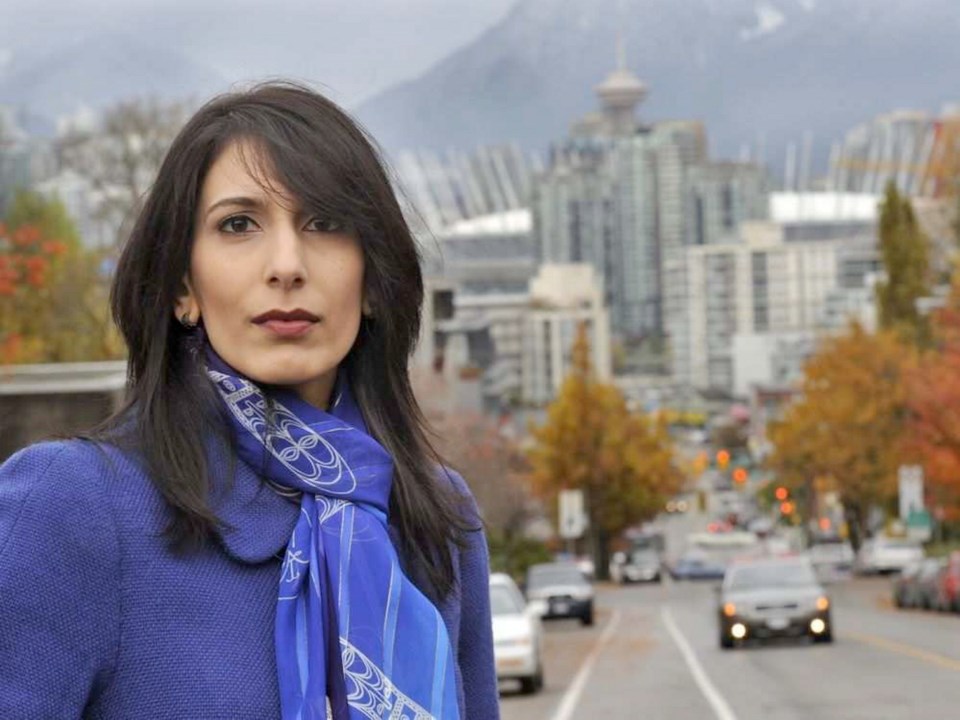 Here’s what unites the West: We think Ottawa sucks. Otherwise, the western provinces have little in common, particularly when it comes to feuding neighbours Alberta and B.C. — which makes you wonder if Victoria city council is being super-helpful in throwing gas on the fire.
Here’s what unites the West: We think Ottawa sucks. Otherwise, the western provinces have little in common, particularly when it comes to feuding neighbours Alberta and B.C. — which makes you wonder if Victoria city council is being super-helpful in throwing gas on the fire.
The Angus Reid Institute just released a poll on attitudes in the West. Here’s what it found: “More than anything else, the issue that unites Western Canada is each province’s sense that it isn’t treated fairly by the federal government.”
With the exception of Ontario, no region feels well-represented in our national institutions — the Supreme Court of Canada, Parliament.
Also in the findings: “The four western provinces have major disagreements on questions of politics and identity, with the rift between British Columbia and Alberta and the closeness between Alberta and Saskatchewan particularly notable.”
“I feel we’re bound more by handshakes than hugs in this country,” says the institute’s executive director, Shachi Kurl, on the phone from Vancouver.
Canadians get along OK as long as we’re all building the same road to prosperity, but things get testy when our paths diverge.
The West doesn’t trust Ottawa. Alberta and B.C. have stopped sending each other Christmas cards. Within B.C., people in the Interior feel they play second fiddle to those on the coast. On the coast, Victorians are envious of the focus on Vancouver (remember how we got the vapours when Christy Clark groused about the “sick culture” in the capital?).
Within Greater Victoria, we’re pretty sure Esquimalt is getting away with something. Damned Esquitians. Or maybe it’s Oak Bay.
This isn’t particularly new. Western alienation — particularly in Alberta, which has long resented feeling like Canada’s milk cow — gave rise to the Reform Party 30 years ago. The internal splits are worsening, though. “The pipeline debate has certainly exacerbated the issue in a big way,” says Kurl, whom readers might remember as a political reporter for what is now CTV News Vancouver Island.
Consider these poll results:
• When asked which geographic area they have most in common with, in terms of values and lifestyle, 54 per cent of British Columbians pointed to Washington state (that’s up just a bit from when the same question was asked in 1991), followed by California (18 per cent) and Alberta (15).
Asked the same question, 70 per cent of Albertans identified Saskatchewan. Only seven per cent chose B.C. — down from 33 in 1991.
• Only in Manitoba do westerners think of themselves as Canadians first and citizens of their province second. In B.C., 45 per cent identified as mostly British Columbians, while 42 per cent said Canadian. In Alberta, it was 49 to 36. Few in any province saw themselves primarily as Western Canadian.
• Albertans feel hard done by. Responding to the statement “my province is respected by the rest of the country,” 57 per cent of British Columbians said yes (that’s the highest rate in Canada), but only 26 per cent of Albertans did so (the lowest).
When the statement was “my province is treated fairly by the national government,” only 17 per cent of Albertans agreed — again, the lowest. In B.C. it was 36 per cent.
Albertans are also most likely (69 per cent) to want their provincial government to take a hard line against Ottawa.
The angry Albertan image is hardly new. The self-pitying bellicosity of the province’s political leaders — Premier Rachel Notley and her even shriller rival Jason Kenney — makes you worry about Canada slipping into the kind of snarling polarization that has crippled the U.S., where Democrats and Republicans are like an old couple who forgot what they once had in common and can only see what sets them apart.
Into this toxic mess marches Victoria council and its support for a class-action suit against oil and gas companies over climate change, a move that might target global Big Oil but is being taken as a raised middle finger by Albertans. It smacks of a sophomoric stunt more suiting attention-grabbing activists than elected officials serious about finding a solution.
Do we have to fight climate change? Of course we do. But given the existing tensions between Alberta and B.C., the lawsuit vote will serve only to hammer a wedge between opposing views (a Victoria specialty) and make Alberta dig in its heels. When has anyone ever changed your mind by yelling at you or mocking you — the only way B.C. and Alberta communicate these days (and for heaven’s sake, don’t send any cherry blossom pix to the Prairies this week).
Kurl is asked: Are we losing our commonality? “My question would be: ‘Was it ever there?’ ” she replies.



